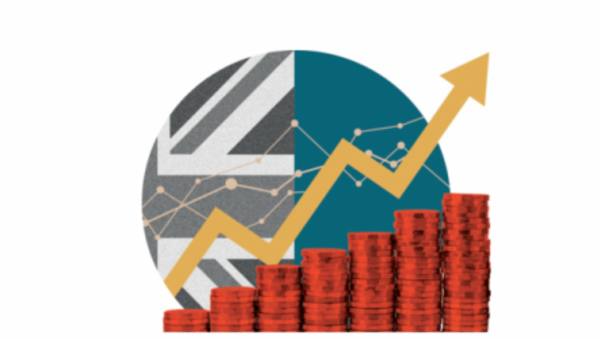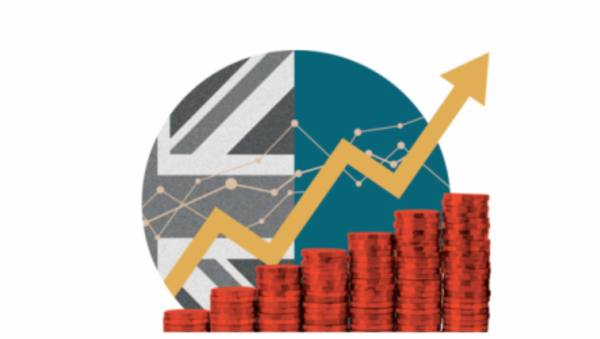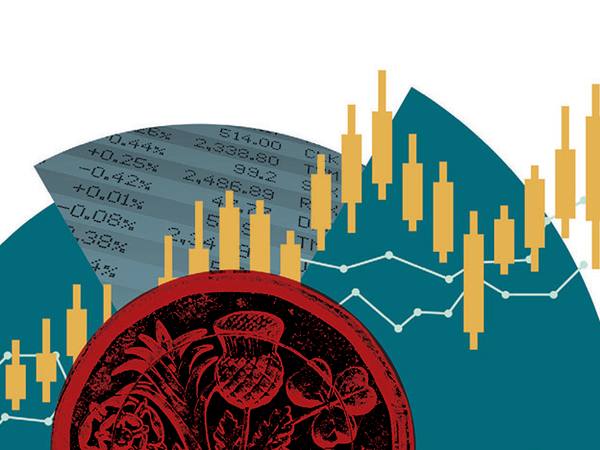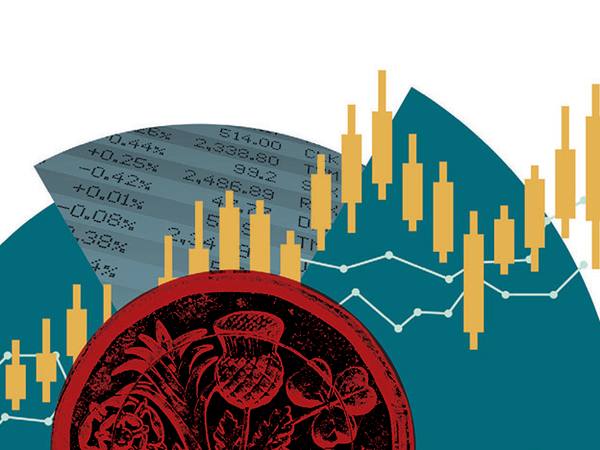- Do equity income funds pervert capital allocation decisions?
- Or is good capital allocation in the interests of equity income funds as much as anyone else?
A strong dividend record can be the marker of a really great company. It can point to a business that is conservatively run, cash-generative, growing and well-financed. In particular, dividends can be a sign that management avoids taking big risks with shareholders’ money.
However, a potentially darker side of dividends has recently been getting increased attention. The perceived problem is associated with the powerful presence of equity income funds in the UK market. A type of fund described recently by Marshall Wace founder Paul Marshall in the Financial Times, as “the UK fund management sector’s [peculiar and farcical] signature dish”.
These funds have prescriptive rules about the level of yield they have to achieve compared with the FTSE All-Share index. The argument goes that this gives dividends a special status in the hierarchy of corporate capital allocation options, which is undeserved. After all, every pound distributed as dividends is a pound less to put to another use, such as investment in the business, debt paydown or acquisitions.
The problem in the UK stems particularly from the fact that the market is heavily skewed towards the giant, mature companies that have historically paid large dividends. However, in many cases, these behemoths now need to invest heavily to transition their businesses, especially as the world tries to cut carbon emissions.
But the significant presence of dividend-hungry equity income investors among the shareholder bases of such companies is seen to put pressure on management to preserve dividends at the expense of longer-term ambitions. In the eyes of critics, this warps and misdirects capital allocation decisions to the detriment of the companies, the market and wider society. The failure of Johnson Matthey (JMAT) to successfully commercialise its electric vehicle battery technology and a sharp fall in the share price of utility SSE (SSE) on news of increased investment in renewables have both recently been touted as examples of this deleterious phenomenon at work. But is there really a problem? Simon Young, manager of the AXA Framlington UK Equity Income fund (GB00B523ZL77), sets out why he thinks the naysayers have it wrong.
The case for equity income funds
“I read with interest the piece in the Financial Times recently (‘London is becoming the Jurassic Park of stock exchanges’, 1 December) by Paul Marshall, that suggests equity income funds are the main reason the UK equity market has lagged indices such as the S&P500 and Nasdaq. His argument was that income funds, which are a popular form of investing vehicle in the UK, prioritise the payment of dividends from the cash flow generated by a company ahead of all other uses. The inference is that this stunts the long-term growth of companies as they choose to pay dividends rather than reinvest in growth.
“I believe this argument is flawed. I have never met an income investor who prioritises dividends above all other uses of cash flow. Companies should be encouraged to constantly reinvest, refreshing capital assets or spending on technology upgrades to allow them to effectively compete in future. Maintaining the health of the company is the main priority for all long-term investors, whether income or growth orientated. Where excessive cash flow is being paid out as dividends, investors should be prepared to forego some of this income. I have actively advocated for companies to cut their dividends to allow greater reinvestment into the business.
“A further case levelled against income investing is that, as UK equity income funds are required to have a distribution yield at least as high as the FTSE All-Share, dividend income has a special status that incentivises a misallocation of capital away from growth.
“Growth investors would point to the success of companies such as Amazon (US:AMZN)and Alphabet (US:GOOGL) that eschew dividends. They would be right; Amazon and Google have been fabulous investments and a key reason that technology-heavy US indices such as the Nasdaq have done so well. However, if we dig down into the US indices we uncover some unsettling statistics.
“Ultra-low interest rates and aggressive monetary stimulus have made it easier for lossmaking companies to sustain their operations longer than they potentially could have in prior economic cycles. Leuthold Group estimated in March that more than 200 of the 1,500 Nasdaq constituents had not been profitable in any of the past three years yet had a combined capitalisation of $2.3tn. This might suggest the exact opposite of Marshall’s argument in the FT, ie that the quest for growth at all costs is encouraging large-scale capital misallocation. Time will tell.
“What are the arguments for income investing? Primarily it would be that income investing concentrates investment into cash-generative companies; typically those that have gone through the start-up phase and whose cash flows exceed their reinvestment needs. They can fund their growth and pay dividends.
“Most income funds are invested across profitable companies; this is why income funds tend to outperform in tougher parts of the economic cycle. Meanwhile, some companies – ie those whose financial structure or business model requires little capital for growth – lend themselves very well to income investing. They can pay out most of the post-tax cash flow as dividends. Admiral (ADM) has grown its customer base from 1.1m in 2005 to 7.7m in 2020, up a remarkable seven times. Its reinsurance and co-insurance relationships with third-party insurers mean that Admiral doesn’t have to retain huge amounts of capital to underwrite future growth. Admiral’s dividend has grown over six times since 2005 and the shares have returned over 14 times to investors once dividends are added back. This combination of income and growth is what can make income investing a powerful long-term compounding strategy.
“Income investing brings about its own form of capital discipline. It actively forces investors to question the valuation of companies. When the dividend yield dips below 1.5 per cent (roughly half the yield of the FTSE All-Share) I am forced to re-evaluate the prospects for that company in order to justify holding it. Are the prospects for the company, and by extension the dividend, so good that I need to keep holding it? Or is this a good moment to let some go and reinvest elsewhere? As my colleague George Luckraft points out: Income investing is a great disciple as it stops you from falling in love with stocks that have performed well.”







